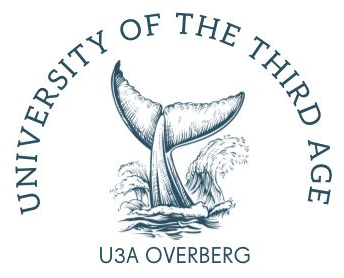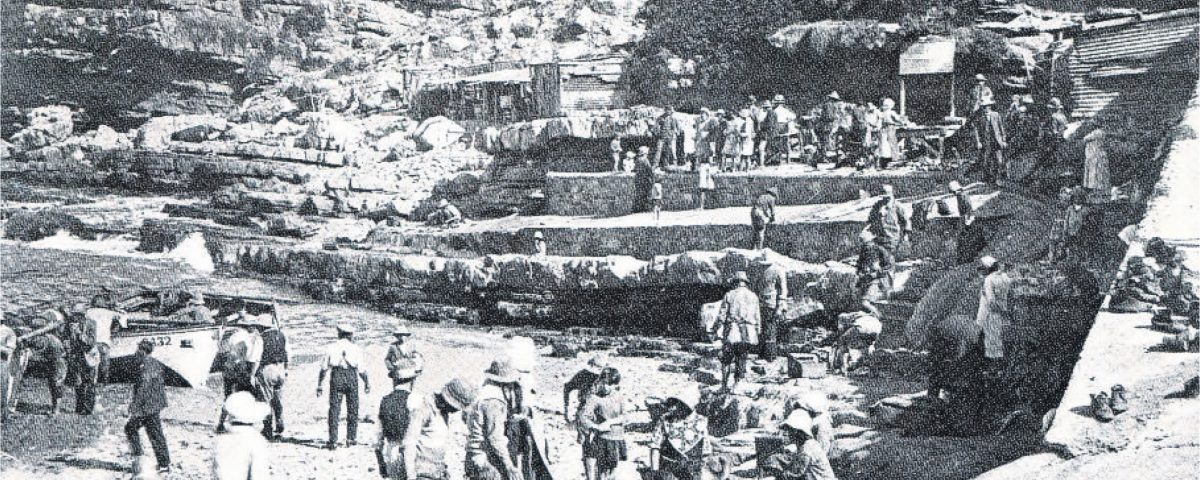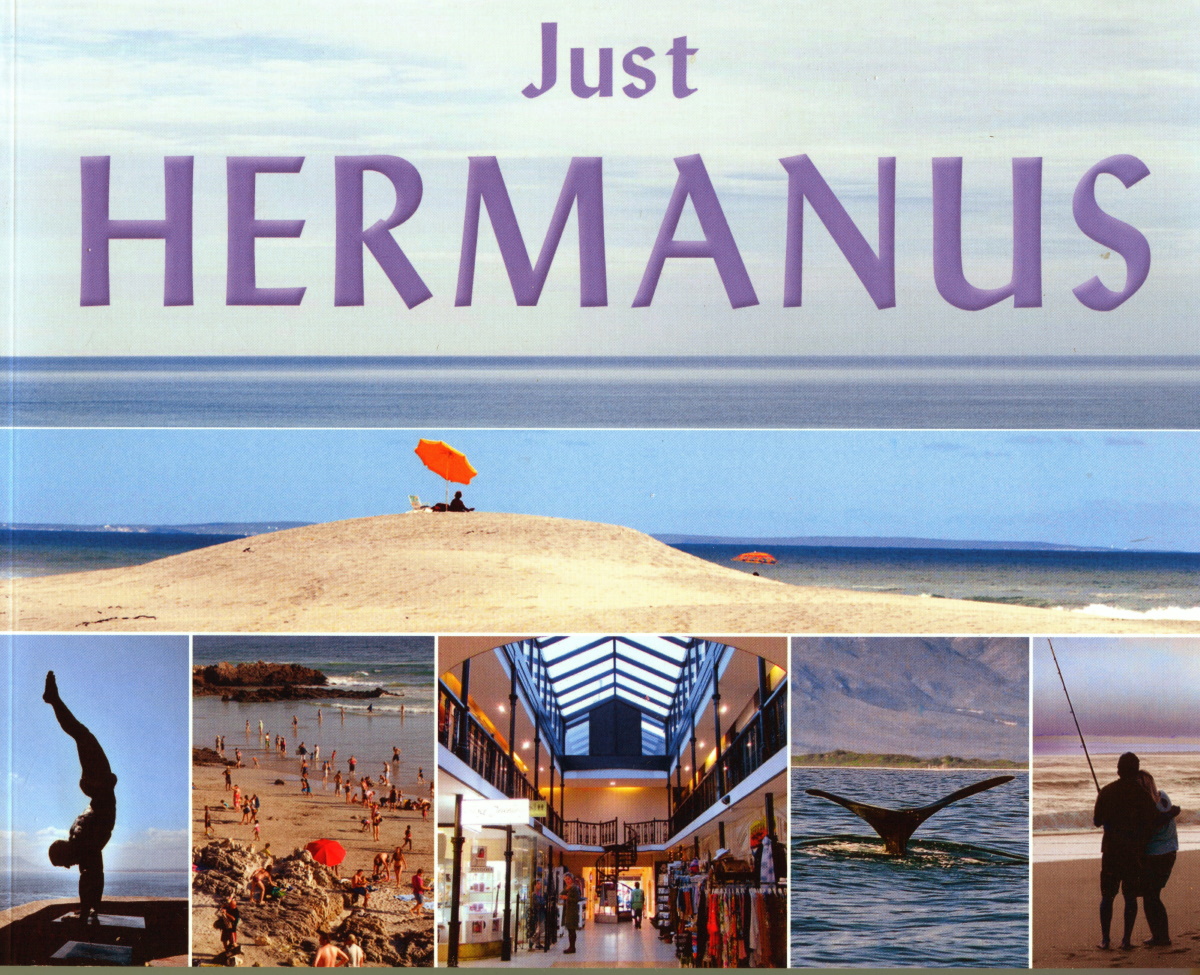
Final Newsletter for 2019
January 3, 2020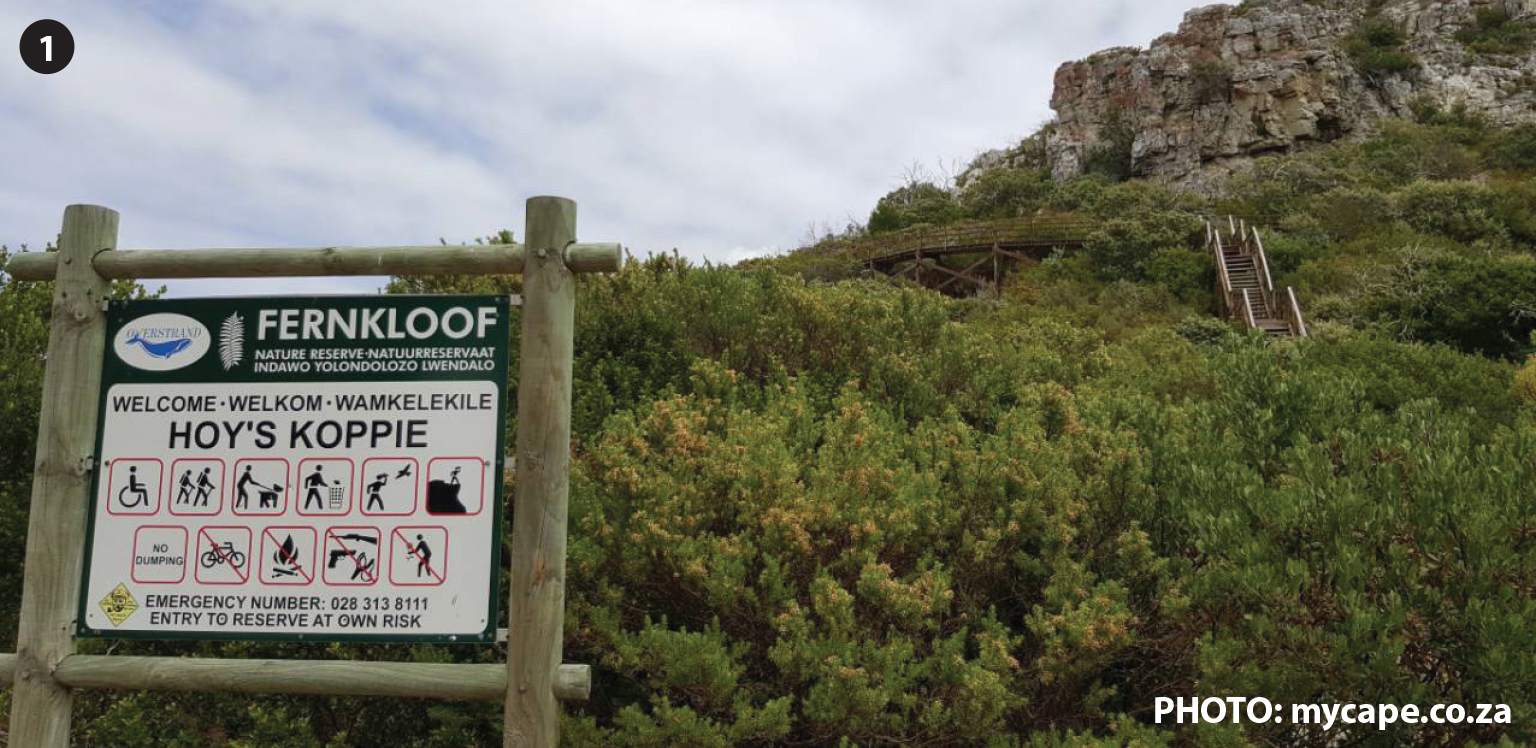
Klip Kop Cave – home to early humans in Hermanus
February 3, 2020Hermanus Times
Writer: Dr Robin Lee
To the families who stepped ashore at Hermanuspietersfontein in 1855 it must have seemed Walker Bay (as we know it) would produce never-ending catches of fish. They did not bother to think of a specific name for the cove where they landed. It was simply Die Visbaai (the Bay of Fishes).
Over the years there were changes in the fishing industry (as it came to be known), but these were mostly in management and marketing. For more than 70 years fishermen still went out in boats carrying eight men at a time with fishing lines, who caught the fish one at a time. Then came the trawlers, first steam-powered and later dieselpowered. These became much bigger and operated with huge nets, netting fish from the stern of the vessels. The existence of the town was threatened:
Outcry against trawlers by Hermanus anglers
The presence of a couple of dozen fishing trawlers in Walker Bay a few days ago has again aroused a storm of protest among anglers and the business community of Hermanus generally. Fishing for pilchards a few hundred yards from the coast, they netted tons of these small fish upon which the larger fish feed, and consequently the usual shoals of summer fish, such as kabeljou, geelbek and galjoen have gone elsewhere… Fishermen in the small boats from the Old Harbour, who for the past three generations made a regular living fishing in Walker Bay, also now find the usual fish so scarce that they can hardly exist. [Hermanus Times 8 February 1964]
Five years later, the situation had worsened. On 8 February 1969 the newspaper published the comments of local fishermen to the situation:
Where have all the fish gone?
“Oom Daantjie” Woensdregt, who has lived in Hermanus his entire life, and more important, has earned his living by fishing here during that time, held a point of view that represented most others interviewed. He pointed out that the position had now been reached when there just were not any fish to be had in Hermanus. There are very few fish left in Walker Bay. Their number is dwindling. The Question is: Will anyone in Hermanus, or elsewhere, do something about the situation? Or will everyone be prepared to sit by and watch the inevitable – Hermanus without any fish? …
The government of the day persistently blocked all attempts to have a reserve or protected area established for Walker Bay. The newspaper reported that at least three delegations visited Cape Town to plead the case for it, and a commission was set up to consider the matter. The sole response reported in the media read like this:
Mr Jan Haak, (Minister of Economic Affairs) informed the Town Council that there was not sufficient proof that angling and line fishing was being eradicated by fish-trawlers. He also added that it would be unreasonable under the circumstance to spoil an industry in which R70 million was invested. [Hermanus News 7 June 1969]
Another five years passed without action. On 21 February 1974 The Times of Hermanus reported:
80 trawlers in Bay
More than 80 fishing trawlers from Hout Bay and further up the West Coast were trawling for anchovies in Walker Bay on Tuesday and Wednesday. At 11.30 a.m. on Wednesday, there were more than 20 vessels still in Walker Bay.
Fast forward another five years, and the same newspaper reported on a rising concern in the town:
A proposal to close the whole of Walker Bay to all net fishing for five years was unanimously passed by a meeting of residents and representatives of local organisations held at the Library Hall on Monday. A steering committee was appointed to investigate the first steps to be taken towards forming a marine reserve in Walker Bay and to make the preliminary arrangements to establish a body to regulate the project.
Dr. Anthony Hall, an executive member of the Coordinating Council for Nature Conservation who addressed the meeting, said there had been a “drastic decline” in both the commercial and rock fishing along the coast of Walker Bay. He said it was essential to do something about the deterioration now, if any fish at all were to be left for future generations. [The Times of Hermanus 17 January 1979]
Arising from this meeting, Mr Hans Moore, Deputy Mayor of Hermanus, violated protocol and sent a telegram direct to the Prime Minister. This was reported in the issue of 12 January 1989: A telegram has been sent to the State President, Mr P.W. Botha, in which he is requested to revoke the decision of Min. Gert Kotzé to re-open the largest portion of Walker Bay to the pelagic fishing industry. The telegram – that was sent by Mr Hans Moore, chairman of the Walker Bay Angling and Conservation Society and also deputy mayor of Hermanus – reads as follows:
Great discontent exists in Hermanus concerning the decision to re-open the major portion of Walker Bay to fish trawlers.
My Society and the broader public is in uproar thereof and requests that this matter is taken under reconsideration at the highest level. The statement that the decision was taken based on scientific grounds is doubted.
No facts of significant investigation have been produced. Practice has shown that the closure has shown improved results. These Interested parties ask politely that an opportunity to discuss this matter be granted.
At last the penny dropped. On 9 February 1989 the paper could report:
Compromise reached but fight not over.
A compromise was reached on the issue of the re-opening of Walker Bay to pelagic fishing on Tuesday and a new line increasing the closed area was agreed upon when a contingent of representatives from Hermanus met with Mr GF Kotzé, Minister of Environment and Water Affairs and representatives of the Gansbaai fishing industry and the Gansbaai Town Council, in Cape Town. The new line, from Mudge Point to Voorsteklip doubles the area closed to pelagic fishing by the Kotzé line announced by the Minister in December, but it is still only about half the area closed to pelagic fishing by the previous line.
But, as usual, after the talk, no action. So, the Walker Bay Angling and Conservation Society wrote to the Minister, asking again for a response. The Times of Hermanus and Walker Bay reported on 6 July 1989:
A spokesperson of the society said that Mr Kotze had indeed acknowledged receipt of the letter, but ‘remained silent as the grave’.
Only 13 years later, in 2001, did the government proclaim a “marine-protected area [MPA]” for Walker Bay. But by then, the fish had all run out and the new issue for Walker Bay and Hermanus was perlemoen poaching.
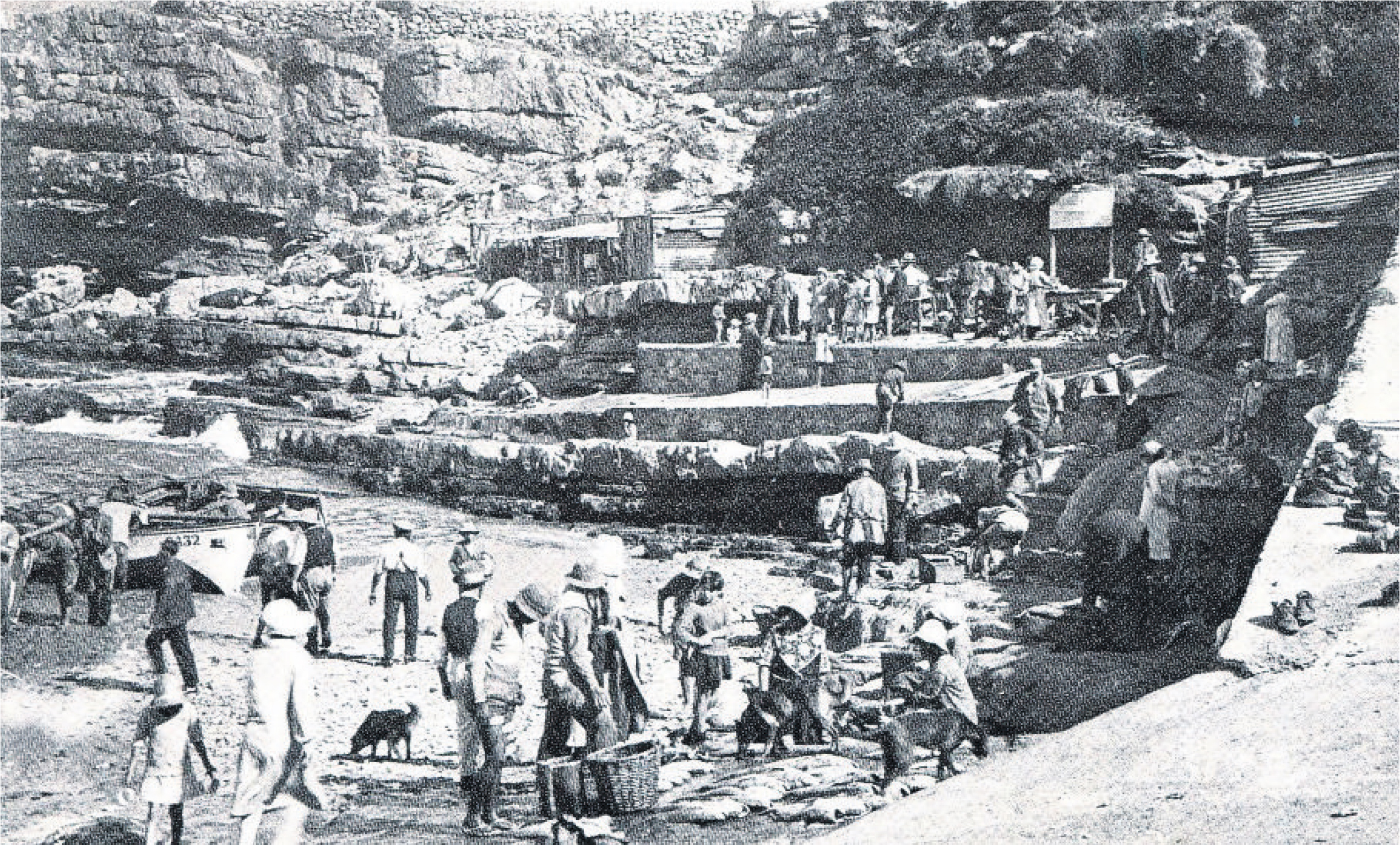
The Old Harbour in the 1930’s.
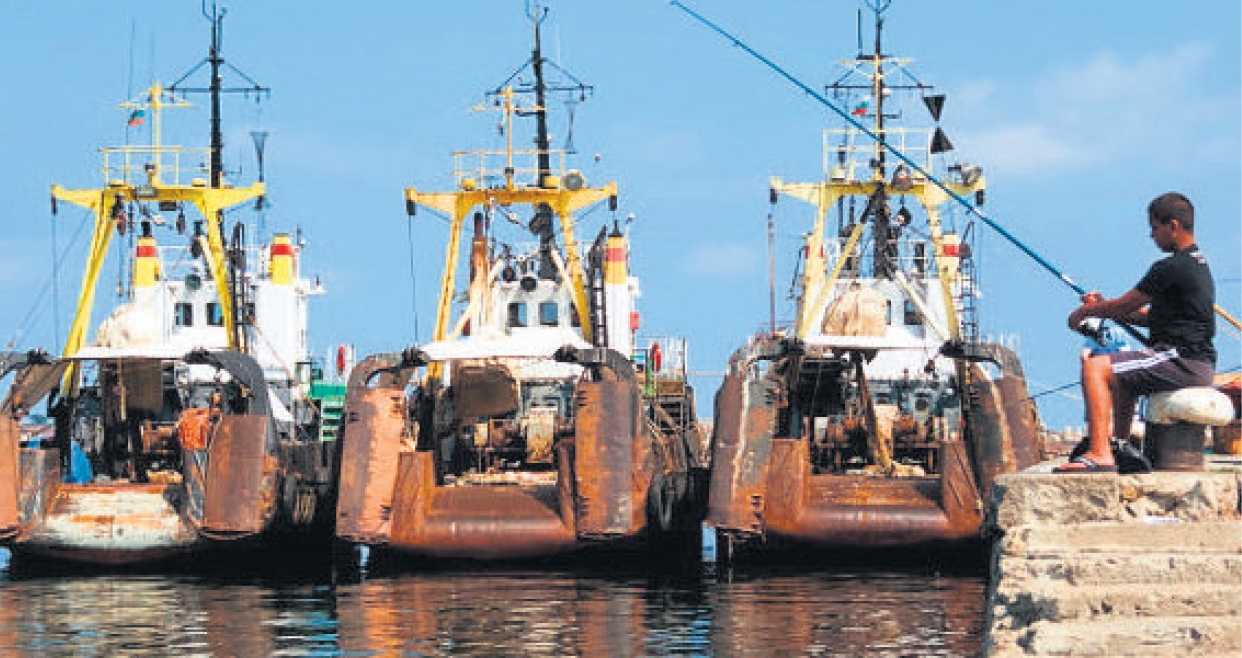
Many illegal fishing trawlers featured.
